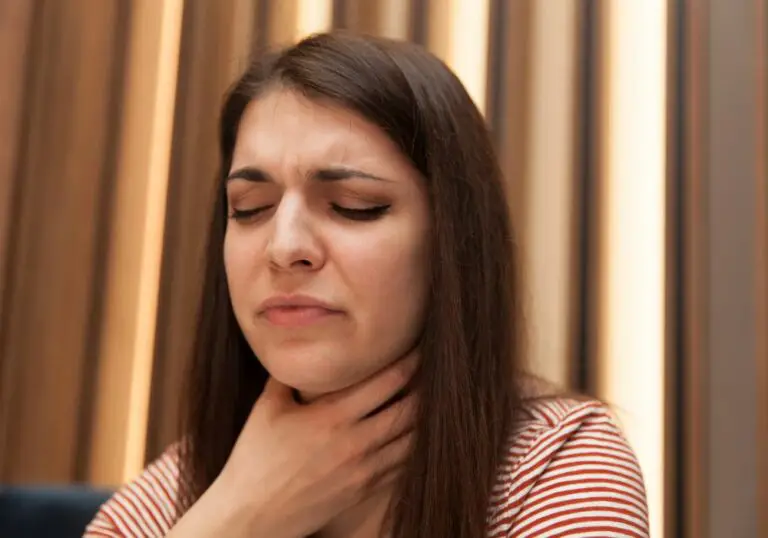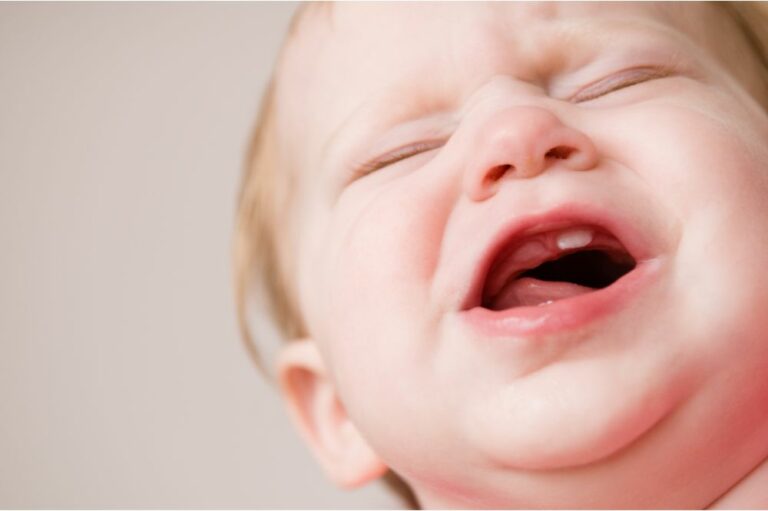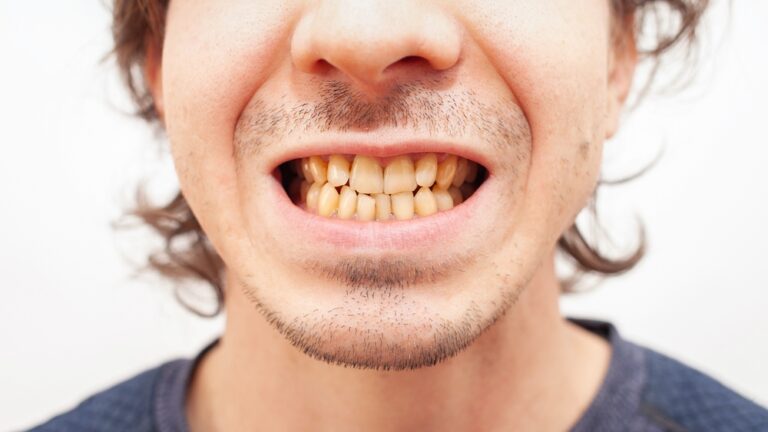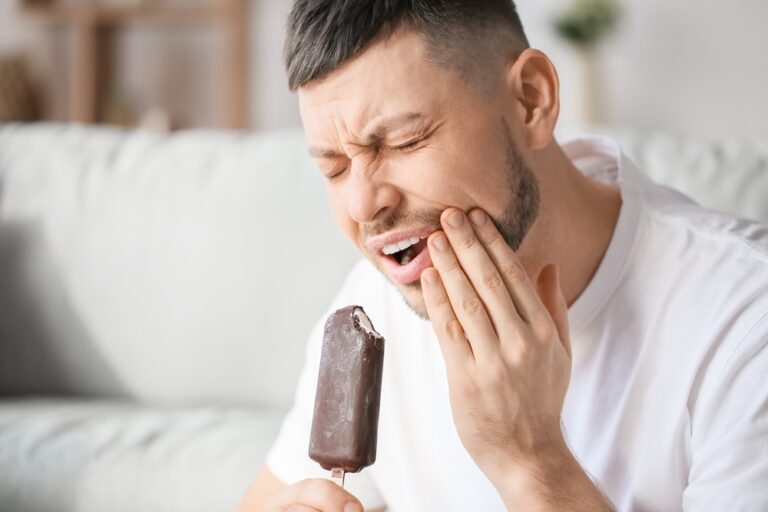Brushing your teeth is a crucial part of maintaining good oral hygiene and preventing tooth decay and gum disease. When you eat, drink, smoke or use other products, a sticky film of bacteria called plaque constantly forms on your teeth. Brushing and flossing removes some of this plaque buildup. But any plaque left behind continues to release acids that attack tooth enamel. After multiple acid attacks, the enamel can break down and cavities can begin to form.
So how long can you really go without brushing your teeth before severe damage occurs? Most dental professionals recommend brushing your teeth at minimum twice per day – once in the morning and once before bed. But life often gets in the way, and you may occasionally skip some brushing sessions. Here’s a more in-depth look at what happens when you don’t brush your teeth for extended periods of time:
24 Hours Without Brushing
Going 24 hours without brushing your teeth is not ideal. However, for most people with generally good oral hygiene practices, skipping just one day likely won’t cause any major short-term issues.
Here’s what you can expect after just 24 hours without brushing:
- Light plaque buildup on your teeth. You may notice a thin, whitish film on your teeth.
- Mild worsening of breath. Bacteria levels in your mouth rise after just a day without brushing and cleaning. This can lead to slightly increased halitosis.
- Possible mild gum inflammation. Your gums may start to become slightly irritated or swollen. They may also bleed more easily.
- Increased bacteria on the tongue. Bacteria, food debris and dead cells can build up on the tongue without daily brushing. This contributes to worse breath.
- Mild increased risk of tooth decay. Without brushing for 24 hours, acids from plaque have more opportunity to demineralize enamel. But the risk of new cavities forming in this time is low.
As long as you resume your normal oral hygiene routine after just one day without brushing, your teeth will likely be no worse for wear. Just don’t make skipping daily brushing a habit.
48 Hours Without Brushing
At the 48 hour mark without brushing your teeth, risks to your oral health start to climb more significantly. Here are the likely effects if you go 2 days without brushing:
- Heavier plaque buildup and tartar formation. Going two days allows more mineralization of plaque into tartar, which brushing alone can’t remove.
- Gum inflammation worsens. Your gums will likely become more puffy, red and tender. You may see bleeding when you brush again.
- Bad breath remains or gets worse. The odor-causing germs continue to proliferate.
- Tooth decay risk increases. Enamel has undergone more acid attacks, potentially leading to permanent damage.
- Reduction in mouth pH levels. Bacteria create more acid, lowering pH and creating an environment ripe for cavities.
- More food debris trapped between teeth. Without brushing, particles easily get stuck, contributing to decay risk.
Going 48 hours without oral hygiene is definitely not recommended. The longer plaque sits, the greater the harm to enamel and gums. Be sure to resume brushing and flossing as soon as possible after two days without cleaning.
72 Hours Without Brushing
At the 72 hour mark of no brushing, plaque buildup becomes more heavy and widespread. Your mouth will feel and appear unclean. Bacteria are having a field day, and risks to your oral health multiply significantly. You can expect:
- Heavy tartar deposits form. Plaque has further mineralized into harder tartar, especially near the gumline and between teeth.
- Severe gum inflammation. Your gums appear angry, red and swollen. They bleed easily when brushing resumes.
- Pockets form between teeth and gums. Gum recession creates areas for more bacteria and food to become trapped.
- Bad breath remains strong. Anaerobic sulfur bacteria continue producing foul odors.
- Higher decay risk. Enamel has gone through multiple rounds of acid attacks, likely leading to permanent damage.
- Tooth sensitivity may occur. Loss of enamel exposes sensitive dentin underneath. Hot, cold or sugary foods may cause pain.
At three days without brushing, damage to enamel and gums is likely occurring. Cavities and more serious gum disease are now at greater risk without prompt oral hygiene.
1 Week Without Brushing
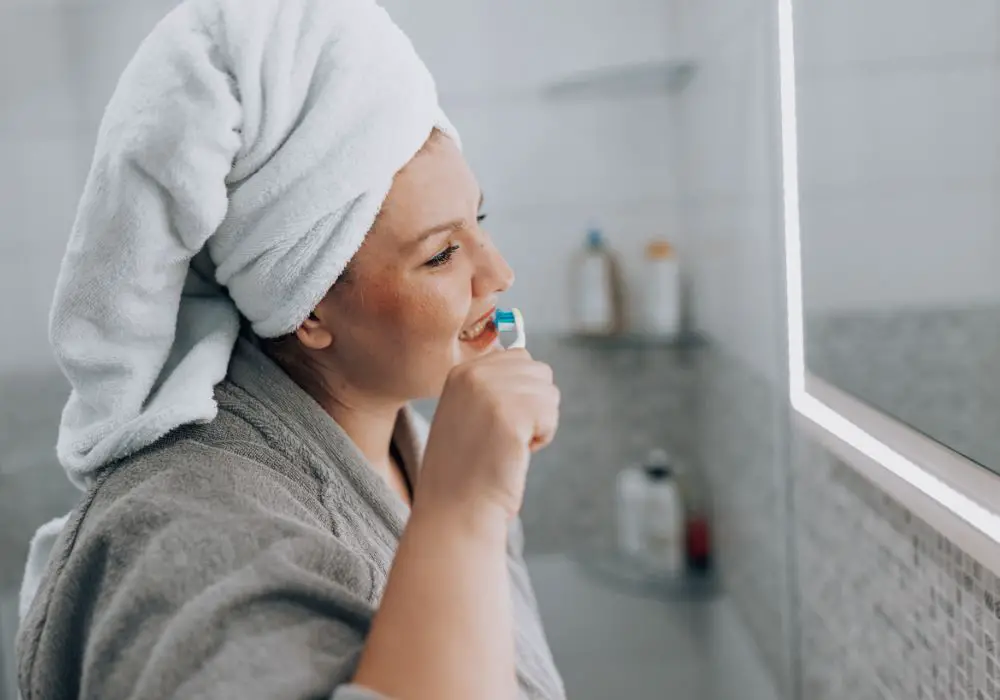
Going one week without brushing your teeth poses major dangers to your oral health. Here’s what a week of brushing neglect can lead to:
- Heavy tartar buildup and visible plaque. A film of bacteria and tartar visibly coats teeth, giving them a yellowish appearance.
- Swollen, bleeding gums. Gums appear red and inflamed. They bleed with little provocation.
- Gum recession begins. Gums start to pull away from the teeth, exposing vulnerable roots.
- Periodontal pockets deepen. Gaps between teeth and gums harbor more bacteria and debris.
- Bad breath is severe. Anaerobic bacteria produce strong odors.
- Tooth decay progresses. Demineralization and erosion of enamel allow decay into the dentin.
- Tooth sensitivity and pain likely. Loss of protective enamel leads to dental nerve sensitivity and possible infection.
At one week without brushing, your risk for tooth loss, abscesses, and advanced periodontal disease rises significantly. See a dentist promptly if you go this long without proper oral hygiene.
2 Weeks Without Brushing
Two weeks or longer without brushing your teeth puts your oral health at high risk. Here are some effects of going 14 days or more without brushing:
- Heavy, widespread tartar. A thick crust of tartar covers most of tooth surfaces, visibly discoloring them.
- Severe gum recession. Gums pull away from several teeth, exposing the tooth roots below the enamel.
- Loose teeth. Periodontal inflammation causes teeth to loosen and detach.
- Tooth decay reaches inner pulp. Bacteria penetrate enamel and infect the tooth pulp, necessitating root canal therapy.
- Tooth loss risk climbs. Severely infected teeth may need extraction if tooth brushing and professional dental treatment are delayed too long.
- Severe bad breath and metallic taste. Mouth bacteria produce strong odors and a constant unpleasant flavor.
- Difficulty eating. Advanced gum disease makes chewing painful.
Letting your oral hygiene lapse for two weeks or longer can lead to severe infection, tooth loss, and other major dental problems. Seek professional help immediately if you stop brushing this long.
Other Factors Influencing Brushing Effects
The timelines here for going without brushing are general guidelines. Some people may experience oral health problems sooner than these estimates, while others may avoid issues longer. Factors like your oral pH, dental hygiene habits, diet, medications, and more can influence how quickly bacteria multiply and damage occurs when you stop brushing.
For example, people with naturally low pH levels in their saliva tend to get cavities more easily because their mouth environment is more acidic. This acidic environment accelerates enamel erosion and decay formation when brushing stops. People who consume sugary or acidic drinks and foods more frequently also feed the plaque bacteria and allow them to produce enamel-damaging acids more readily between brushing sessions.
Pre-existing conditions like gingivitis or periodontal disease mean your gums are already inflamed when brushing stops, so plaque buildup causes rapid worsening. Dry mouth conditions reduce saliva flow, allowing damaging acids to build up faster. And those with extensive dental work like braces or dentures may have more plaque retention areas and find it harder to keep their mouth clean without diligent brushing.
When to See a Dentist After Skipping Brushing?
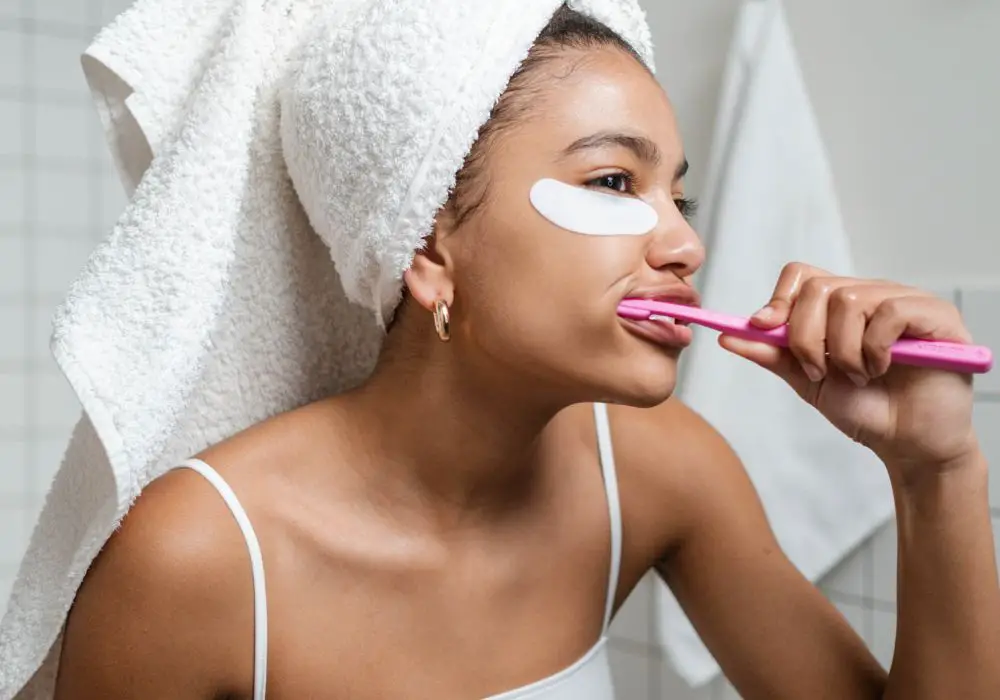
If you stop brushing your teeth for an extended period of time, it’s crucial to get back on a daily oral hygiene routine. But you may also need professional help to address any damage that occurred during the brushing lapse. It’s a good idea to see your dentist promptly if you notice any of the following:
- Tooth sensitivity or pain
- Bleeding, swollen or receding gums
- Red, puffy gums around one tooth or area
- Persistent bad breath or bad taste in the mouth
- Visible heavy plaque or tartar buildup
- New or worsening cavities
- Loose teeth
The dentist can perform a thorough cleaning to remove plaque and tartar from tooth and gum surfaces. They will also check for signs of decay, gum disease, or other problems that may have developed when you stopped brushing. Depending on severity, deep cleanings, antibiotic treatments, gum surgery, tooth extractions, or fillings could be needed to treat any oral health damage.
Tips for Resuming a Regular Brushing Routine
Going too long without brushing can make it hard to motivate yourself to start a daily brushing habit again. Try these tips to improve compliance with your oral hygiene routine:
- Make toothbrushing more convenient and frictionless. Keep brushes and paste in spots you frequent like your car, work desk or nightstand.
- Set phone reminders or alarms for morning and evening toothbrushing sessions. Also have family members remind you.
- Always brush at the same times each day to establish a habit – such as after waking up and before bedtime.
- Play a two-minute song while brushing to ensure you brush thoroughly for the recommended interval.
- Try a new toothbrush, electric brush, floss or toothpaste brand/flavor to make oral hygiene feel more novel and appealing.
- Track your brushing frequency on a calendar and check off each day you brush to motivate yourself.
- Tell friends or family your brushing goals and have them hold you accountable.
- Reward yourself with something special after you meet oral hygiene goals, like a weekly treat.
- Schedule a teeth cleaning at your dentist after getting back on track. A professional cleaning gives you a clean slate.
Proper Toothbrushing Technique
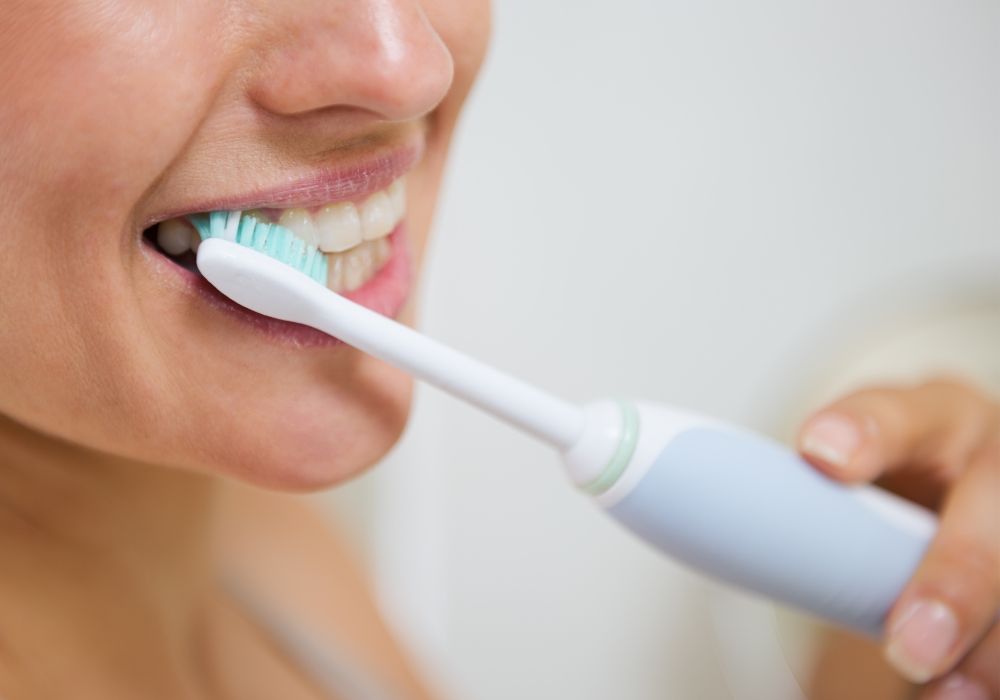
When you resume your regular oral hygiene regimen after a break, be sure to use proper brushing and flossing techniques to remove plaque thoroughly and avoid damaging your teeth and gums:
- Use a soft-bristled toothbrush and fluoride toothpaste. Change your brush every 3-4 months.
- Hold your brush at a 45-degree angle aimed towards your gums. Avoid scrubbing hard.
- Gently use short, circular motions as you brush.
- Spend 30 seconds carefully brushing each section of your mouth.
- Brush the outer surfaces first, then the inner surfaces, then the chewing surfaces last.
- Use a gentle sawing motion to brush back and forth over the gumline.
- Don’t forget to also brush your tongue, the roof of your mouth, and inside surfaces of your front teeth.
- Floss gently between teeth after brushing to remove debris trapped between them.
- Check for any red, bleeding or painful areas and report these to your dentist.
- See your dentist for a thorough professional cleaning every 6 months.
Proper flossing technique is also important for cleaning away plaque that your toothbrush can’t reach:
- Use 18-inches of floss wound around your middle fingers and pinch the floss between your thumbs and index fingers.
- Guide the floss between two teeth with a zig-zag motion, taking care not to snap the floss down and injure your gums.
- Once floss is lowered to the gumline, move the floss up and down against the side of each tooth to scrape and remove plaque.
- Floss each tooth surface and repeat between all teeth to remove debris.
Following correct brushing and flossing methods helps disrupt plaque and bacteria optimally, protecting your oral health between dental visits.
Frequently Asked Questions
How long can I realistically skip brushing my teeth occasionally?
It’s best not to make skipping brushing a habit. But most people can occasionally go 24-48 hours without brushing as a one-off without major problems, as long as they maintain good daily habits the rest of the time. Just avoid letting it become a frequent habit.
If I brush really well for a while, can I get away with skipping sometimes?
No, you can’t “bank” good oral hygiene previously to justify skipping brushing later. Each day without brushing allows new plaque to accumulate and breeds bacteria, raising your risk of cavities and gum disease again. Stick to brushing your teeth twice daily no matter what.
Should I brush more than normal after skipping to compensate?
No, vigorously over-brushing can damage enamel or irritate your gums. Just resume your regular, gentle brushing and flossing routine after a lapse. If gum inflammation occurs, a dentist may recommend brushing more often until gums look healthy again.
How long will it take my mouth to recover if I stop brushing for several days?
It depends on factors like your oral pH and diet. But if no permanent cavities developed, your gums should look less inflamed and healthy again within several days to a week after resuming diligent oral hygiene. Any enamel loss is irreversible without treatment though.
If I stopped brushing, do I need a deep cleaning at the dentist?
It depends how long brushing was stopped, and your current oral health status. See your dentist for an exam and they can decide if a regular cleaning is enough, or if you’ll need more extensive tartar scaling and root planing, antibiotics, or other gum disease treatment. Don’t delay seeking professional dental care.
The Takeaway
Daily tooth brushing and flossing is vital for preventing gingivitis, cavities, periodontitis and other oral health problems. Occasionally skipping a day likely won’t cause immediate issues. But repeatedly going days on end without brushing allows bacteria to thrive, raising your risk of tooth decay and gum disease. See your dentist promptly if you stop brushing for an extended period to get a thorough cleaning and take steps to restore your oral health. Be sure to brush and floss properly each day – don’t let oral hygiene slide, even when life gets busy.

